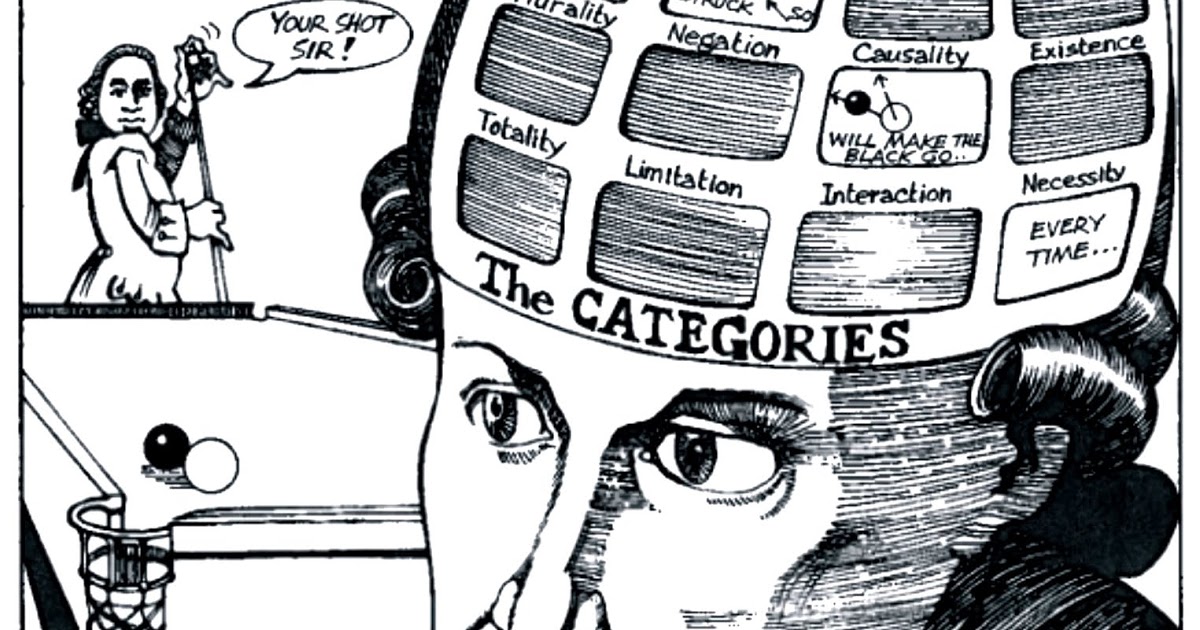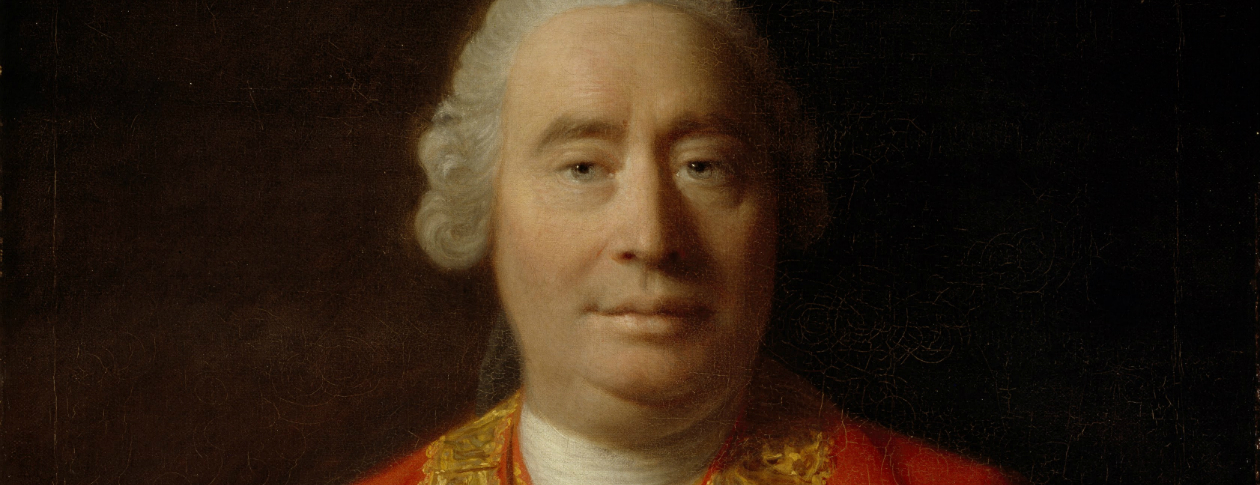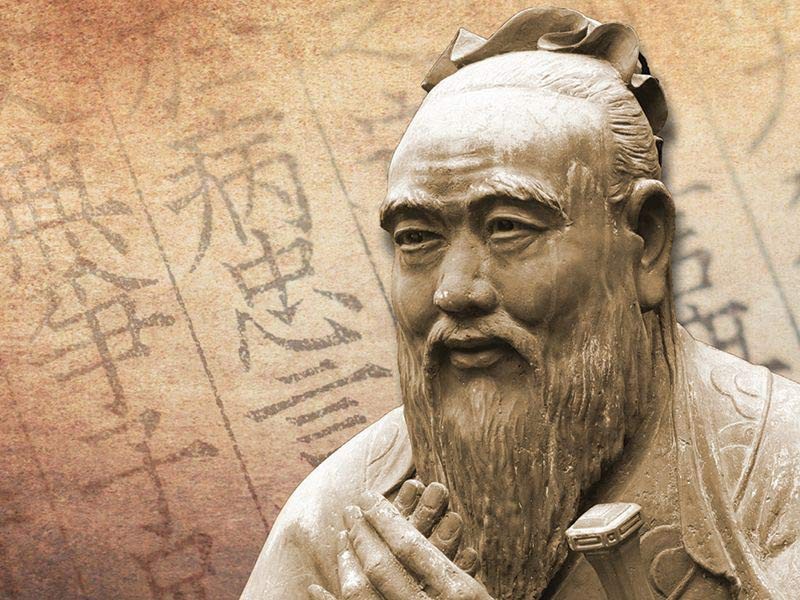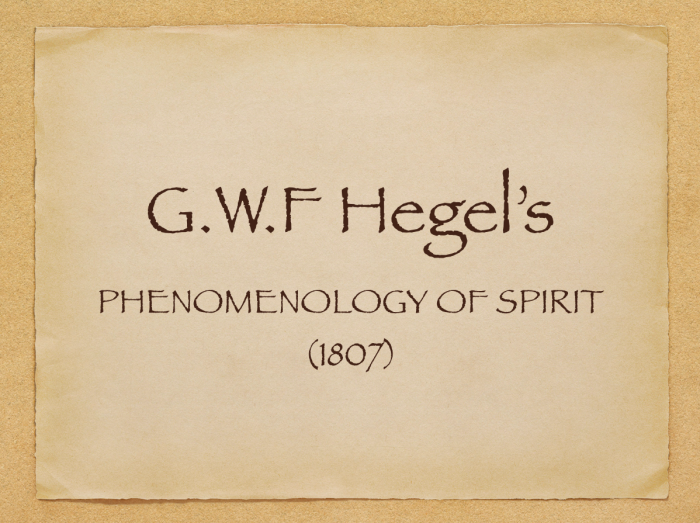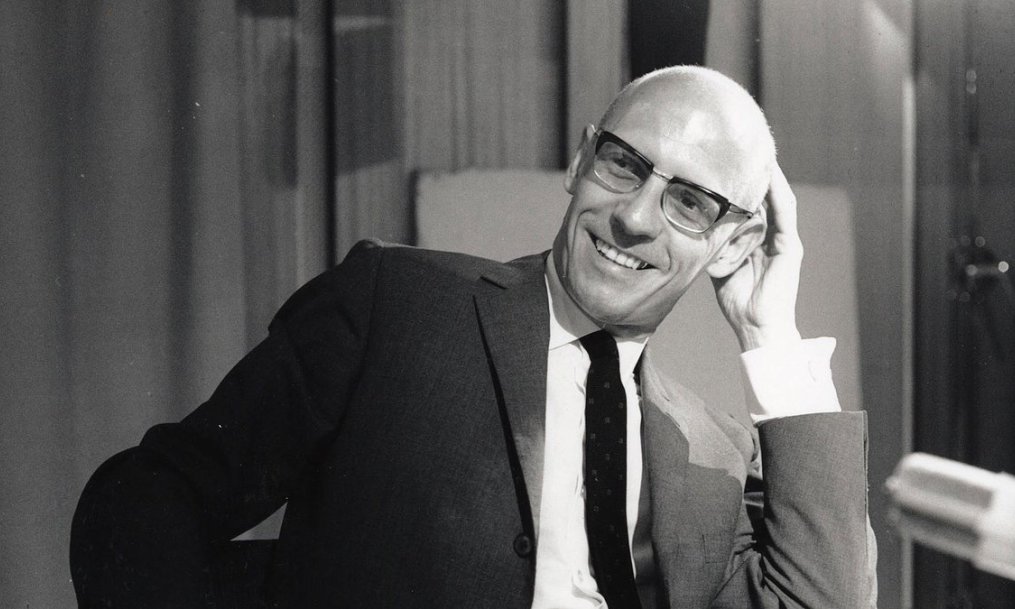
There is a mystery element within our consciousness that we are unaware, objective categories manifest within the mind itself which bind to the very subject of experience. Before Kant rise to prominence, David Hume distinguishes our innate ability to recognise the causation of objects as uniform repetition closest to determinate truth. Still, he left out the question of the medium which brings the cause and effect as a unified proposition. How is it possible to cognise the concepts of causality in the first place. Immanuel Kant awoke from his dogmatic slumber after reading Hume. Shaken into a state of limbo for 13 years, before publishing his magnum-opus, on the Critique of Pure Reasons, changing the trajectory of philosophy towards a new era.
